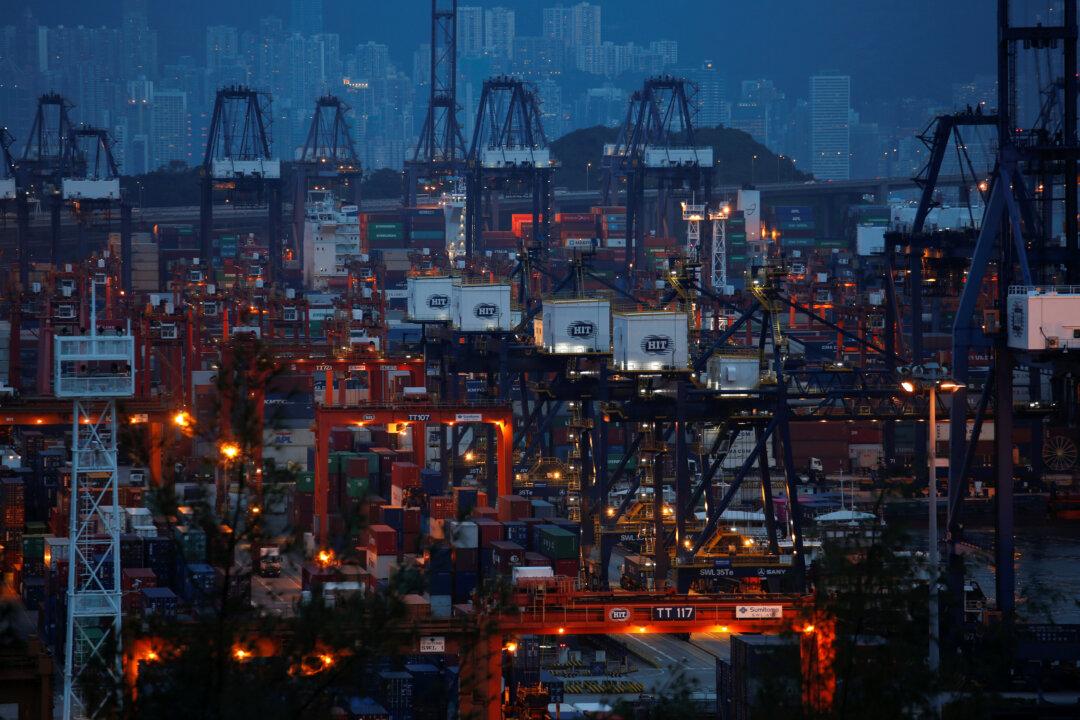HONG KONG—Business activity in Hong Kong deteriorated further in March, a private survey showed on April 3, as demand, output and confidence plunged amid the deepening coronavirus pandemic.
While the adjusted IHS Markit headline Hong Kong Purchasing Manager’s Index (PMI) edged up to 34.9 in March, from 33.1 in February, it still signaled the second-sharpest deterioration of private sector conditions in the city since July 1998, when the survey began.





